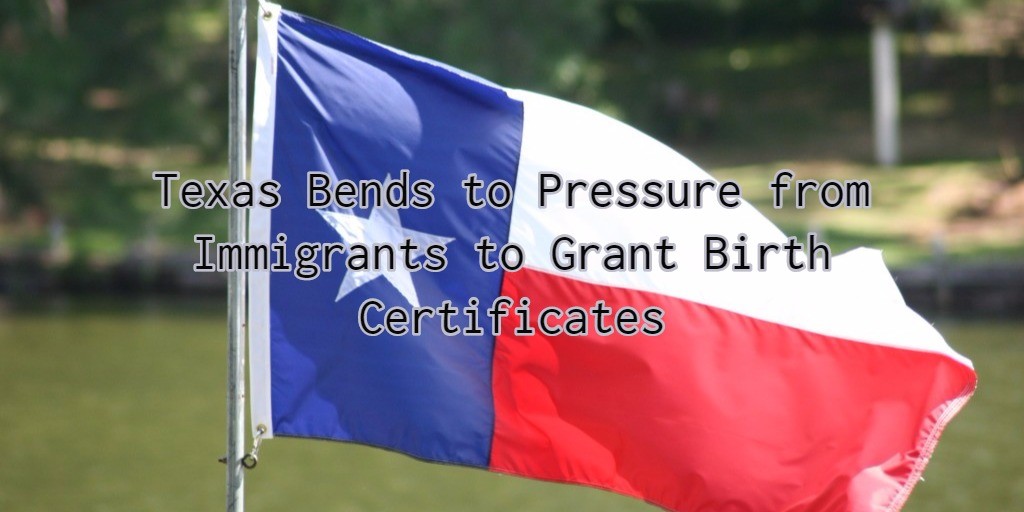Though many people take for granted that anyone born on United States soil is legally entitled to a birth certificate, this is not always the case. The 14th Amendment to the Constitution guarantees citizenship to anyone born in the country, but Texas has made it very difficult for undocumented immigrants to obtain birth certificates for their children born in the US.
In 2015, a large number of Mexican and Central American individuals sued the state of Texas for denying their children birth certificates. Texas officials responded by agreeing to make a longer list of documents acceptable for presentation when trying to obtain birth certificates.
As a result of not being able to obtain birth certificates, many of these children were denied medical services that they needed, and other families had difficulties registering for Section 8 Housing and Head Start.
Previously, parents who did not have forms of identification issued in the US had been denied birth certificates. However, the list of documents that qualify for these purposes has now been significantly expanded. Parents must present a form of secondary identification, such as national identification or a voter registration card from their home country, and two supporting documents. Acceptable supporting documents now include school transcripts, library cards, cell phone bill, auto insurance cards, leases, and recent utility bills, among many others.
However, registrars in Texas will still not be accepting matriculas, or consular identification cards that are often issued to foreign nationals, though many other states do accept them.
This new agreement, while not altering the state policies, makes it much easier for parents to obtain birth certificates for their US born children.
Opinions of this change in procedure are mixed. This is happening at a time when many conservatives, including Donald Trump, are expressing consternation over the number of individuals who are entering the country illegally. Jon Feere, legal policy analyst at the Center for Immigration Studies in Washington, States, “This is yet another example of how our institutions are being asked to accommodate foreigners who think they are above the law. This entire issue could be avoided if people entered our country lawfully.”
However, many support the recent legal changes. Juan Hinojosa, State Senator, believes that they represent “a step in the right direction.”


